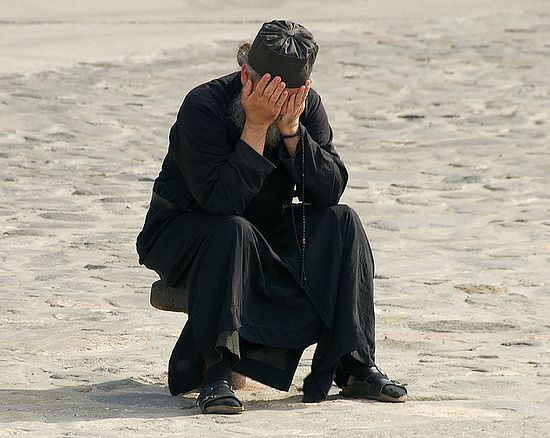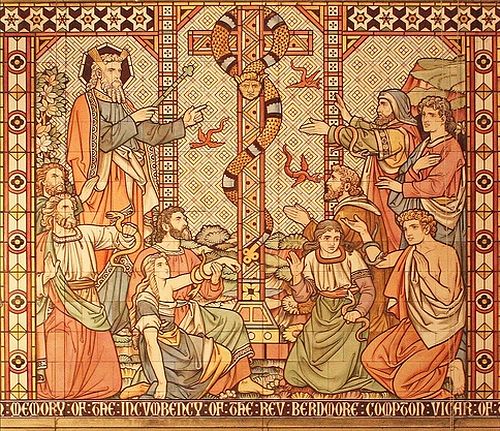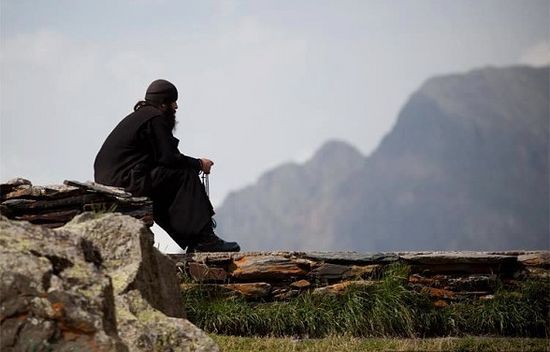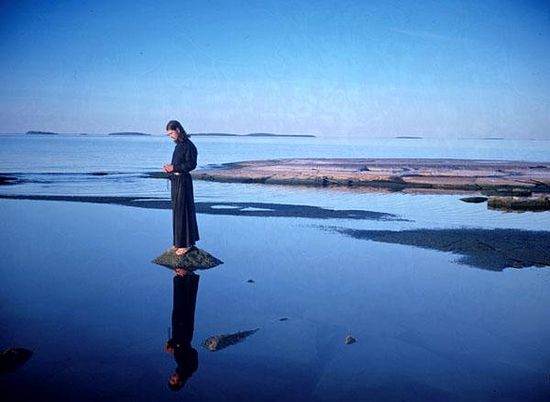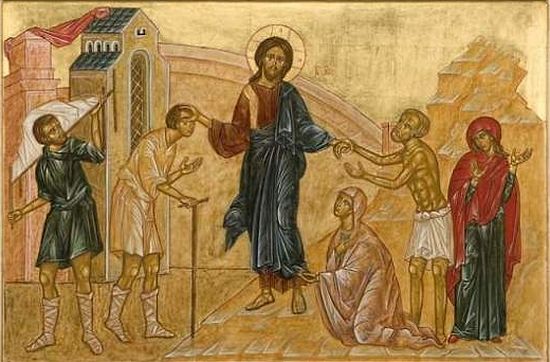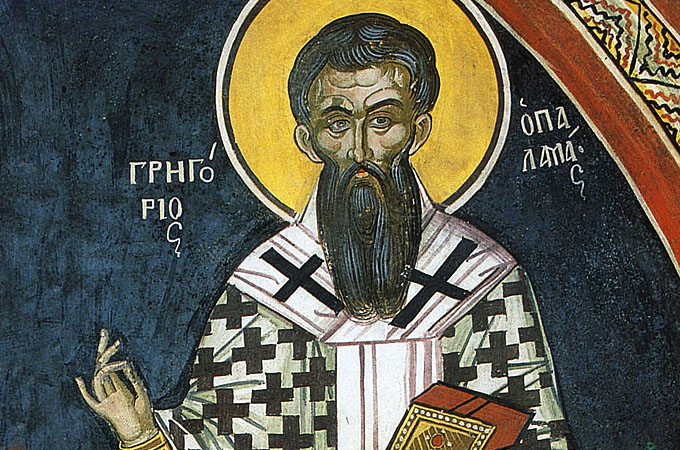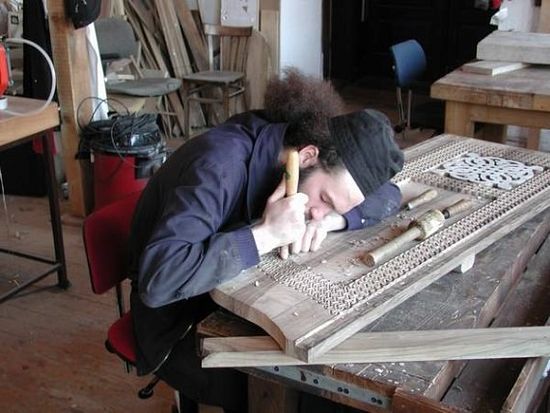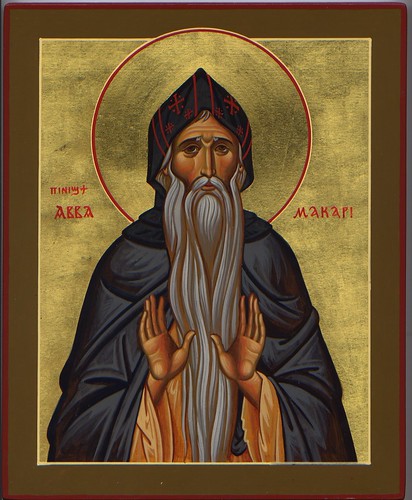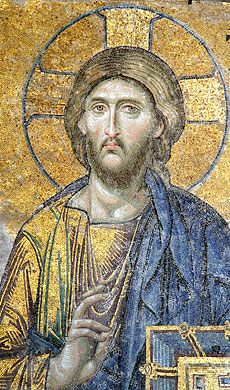St. Macarius the Great
Concerning the state of Adam before he transgressed God's commandment, and after he had lost both his own image and the heavenly. The Homily contains some very profitable questions.
1. Adam, on transgressing the commandment, suffered a twofold disaster. He lost the pure and lovely possession of his nature, which was after the image and likeness of God; and he lost also that very image in which was laid up for him according to promise all the heavenly inheritance. Suppose there were a coin, bearing the image of the king, and it were stamped afresh with a wrong stamp; the gold is lost, and the image is of no value. Such was the disaster that befell Adam. Great riches and a great inheritance had been prepared for him. Suppose there were a great estate, and it had many sources of revenue in it; here a nourishing vineyard, there fruitful fields, there flocks and herds, there gold and silver; so valuable was the estate before the disobedience, the estate consisting in Adam's own vessel. But when he entertained evil intentions and thoughts, he was lost from God.

